Yana Bagbi: a pioneer in cost-effective, eco-friendly solutions for water purification
The first woman from Arunachal Pradesh to receive a PhD in physics, Yana developed biocompatible nanoparticles for lead remediation and characterised low-cost bamboo-activated carbon nanoparticles to remove fluoride ions from water
By Angana Chakrabarti
| Posted on January 7, 2025
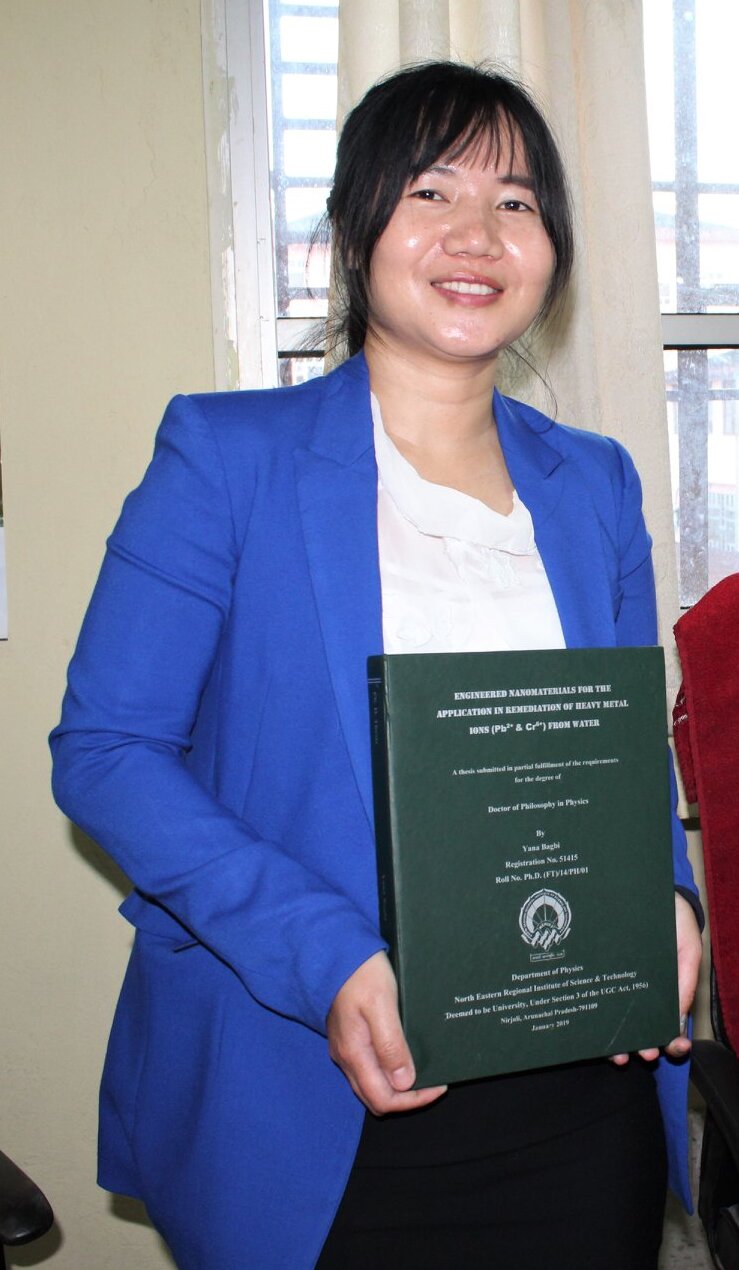
Yana Bagbi was in class 12 when she participated in Student Science Congress, where her team was assigned a project on water purification.
“We had to report on the contamination of water, besides looking at the domestic and other contaminants in a small area,” recalls Yana, who hails from Upper Subansiri district of Arunachal Pradesh.
“In the Northeast, there is no industrial contamination, but people used to build toilets near the river… As part of the project, we educated the villagers of Sippu village, on the banks of River Subansiri, on how to create a simple water purification filter using mud, sand and charcoal,” says Yana, who was always drawn to machines and would regularly participate in science exhibitions.
Over the next few years, water treatment would become her sole preoccupation as Yana would go on to do her doctorate research in nanotechnology that could aid in water purification.
“My PhD journey was very tough. In our small society, not many people have gone this far,” says Yana (33), currently an assistant professor at the University of Delhi’s Department of Physics and Astrophysics. “[But] I finished my PhD with 10 publications, one patent and two book chapters,” she adds.
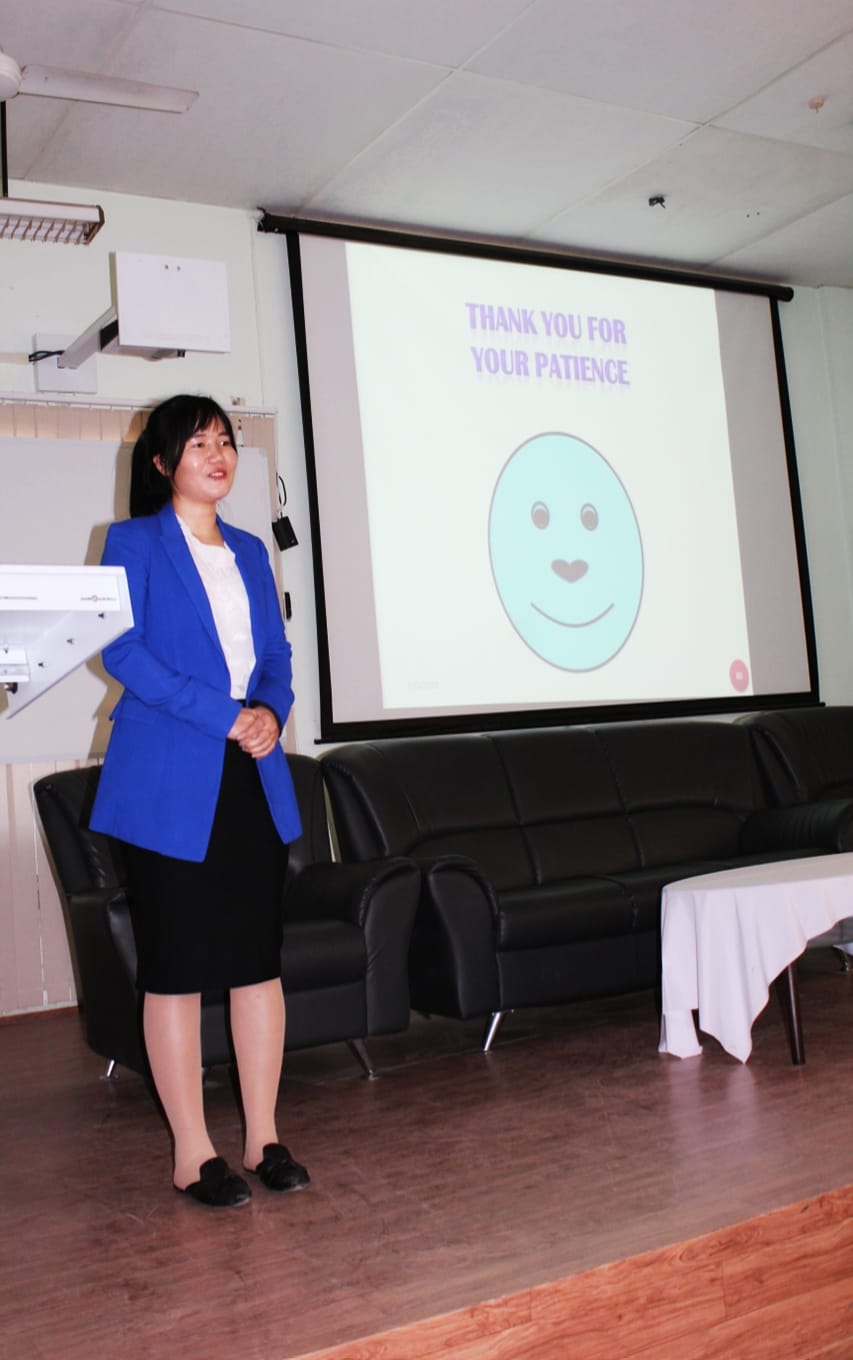
Dr Bagbi at her the presentation of her PhD thesis. Her work focuses on treatment of water given the urgent need to address contamination issues in the North East
‘It came from my teachers’
Yana belongs to the Tagin tribe, one of the 26 tribes of Arunachal Pradesh, the northernmost state in the northeastern region of India. She was born and raised in the small town of Daporji in Upper Subansiri district, which borders China. “My family comes from Bagbi village near the Indo-China border. It is a very small and underprivileged village,” she says.
Yana studied in the government schools of Daporji. “I have loved science since my childhood… In classes 9 and 10, we had a physics teacher, SP Singh sir, who was very motivating in how he taught science,” Yana says. “In classes 11 and 12, our physics teacher Bhim Singh sir would explain everything using examples and would encourage us to participate in science exhibitions.”
Yet, not many of her female classmates ended up opting for science in the higher secondary level. According to Yana, out of the 56 students, only four girls opted for the stream. “I had a classmate who was very bright and loved science. She had four siblings, all brothers, who went to study MBBS outside. But due to financial constraints, she was forced to opt for art,” Yana recalls.
However, Yana was lucky. Her parents supported her and her five sisters who wanted to pursue science. Their only brother would go on to study art and later join the police.
For the Love of Physics & Research
Although Yana was encouraged to pursue science, convincing her parents regarding the BSc Physics course was challenging. “Most of our people think that we should go for MBBS and engineering… So my parents forced me to clear NEET [National Eligibility cum Entrance Test],” she says.
However, she went against their will and enrolled for BSc Physics at Jawaharlal Nehru College (JNC) in Pasighat. “She was a very sincere, disciplined student… Her ability to grasp complex STEM concepts and apply them practically set her apart from her peers,” says Dr S Jayanthi, Head of the Department of Physics, JNC Pasighat.
There were a few hiccups along the way.
“It was probably in BSc Physics major, second year at JNC. She [Yana] had failed the mathematical physics subject for some reason,” recalls Dr Enuk Libang, an Assistant Professor in the college and a former classmate of Yana. “She was held back that year. Many students would have been let down. But she persisted and worked hard and passed with a first division.”
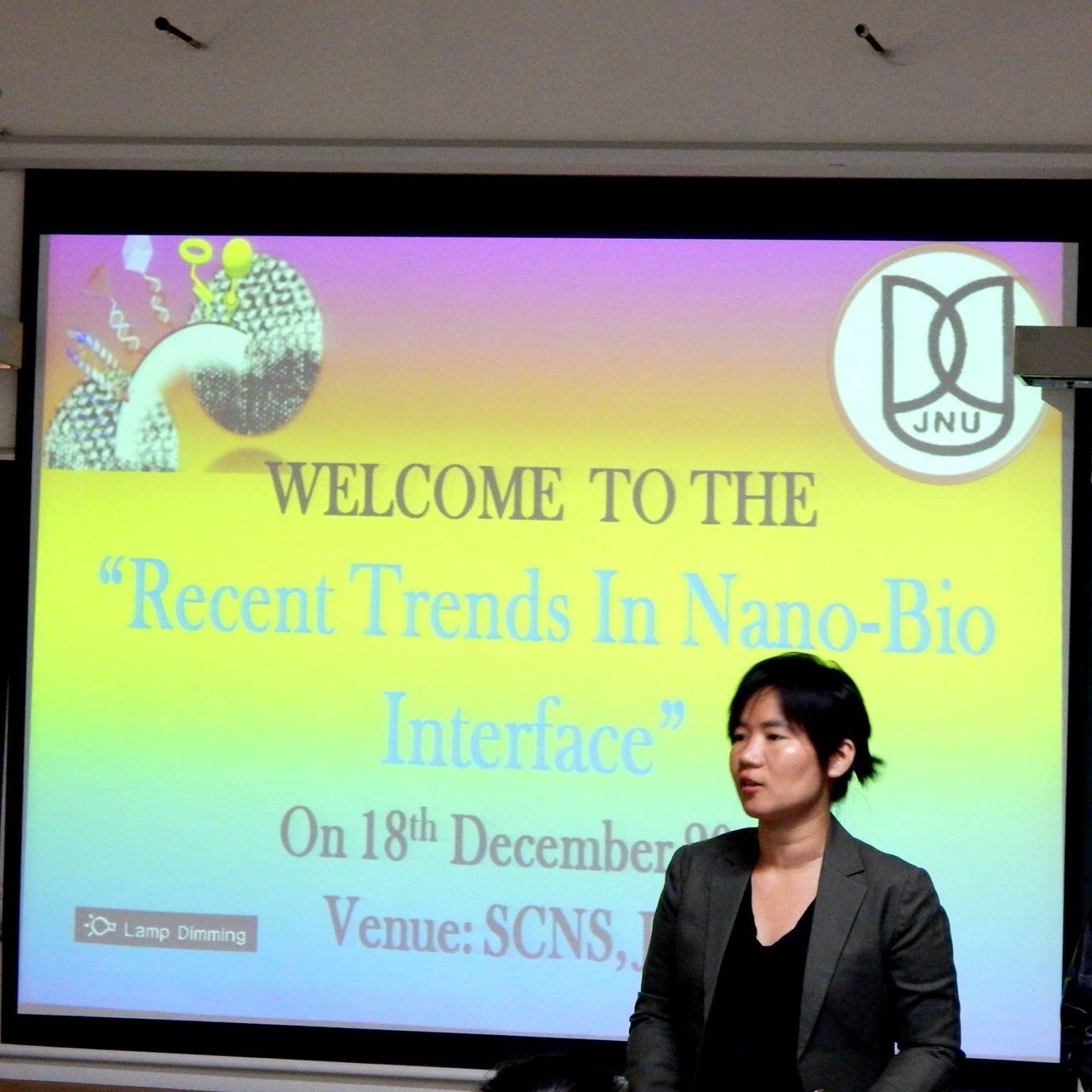
Dr Bagbi did novel work on nanomaterial synthesis and its utilisation for remediation of heavy metals, and even received a patent during her PhD
A month later, Yana got admission to MSc at the North Eastern Regional Institute of Science and Technology (NERIST) in Arunachal Pradesh, where she met Dr Arvind Pandey. She would often drop by his office with queries about the subject. However, her time at NERIST was brief, as she cleared the entrance to the postgraduate programme at Jawaharlal Nehru University’s School of Physical Sciences and moved to Delhi.
“One day I received a call from her. She said that she was finding it difficult to adjust to things like understanding the subject, the food and culture there. She wanted to come back,” Pandey recalls. “I had a hard time convincing her. But, once she was convinced, she put her heart and soul into completing the programme and eventually passed with flying colours.”
In her dissertation, Yana focused on a new sensor that combined zirconium oxide nanoparticles — tiny particles of the ceramic material zirconium dioxide — and gelatin-A, a type of biopolymer, to detect vibrio cholerae (a harmful bacteria in water). Along with three other researchers, she published a paper on the subject in the International Journal of Biological Macromolecules.
Eventually, Yana decided to move away from the work on biosensors as it did not yield tangible results. “Everyone was working on sensing, but no one was working on treatment. We have so many problems in the Northeast. There is arsenic, fluoride and iron in the groundwater in Assam. In Arunachal Pradesh, we have a huge problem of iron in groundwater. In Manipur, there is arsenic. So I wanted to work on treating water.”
Nanotechnology in water treatment
In 2014, Yana enrolled for PhD at NERIST, Nirjuli. Dr Arvind Pandey agreed to supervise her work. She continued to do her research at JNU, New Delhi, where Dr Pratima Solanki of the Special Centre for Nanoscience was her co-supervisor.
Yana focused on treating water. Following her PhD, the first study she worked on as a lead author revealed how monodispersed magnetite nanoparticles, which are uniformly sized particles composed primarily of magnetic iron oxide, can efficiently remove lead ions from water. These reusable nanoparticles offered a cost-effective and eco-friendly solution for water purification. Over the next four years, Yana developed different kinds of sustainable and biocompatible nanoparticles that could be used for lead remediation in water.
“She was dedicated towards her work. She would work for seven to eight hours in the lab,” Solanki says. Pandey echoes the sentiment: “She did some novel work on nanomaterial synthesis and its utilisation for remediation of heavy metals, and even received a patent during her PhD.”
“I was lucky I had a fellowship from the University Grants Commission, and then SRF [Senior Research Fellowship offered by the Council of Scientific and Industrial Research]. Otherwise, a PhD can be very tough mentally, physically and financially,” Yana says, adding, “My relatives would often taunt my father and ask him why I was still studying and did not have a job.”
Her father finally had a response in 2019, when the newspapers announced that Yana Bagbi had become the first woman from Arunachal Pradesh to get a PhD in physics.
“I love research and was always good at it, but I never thought I would be the first,” she says.
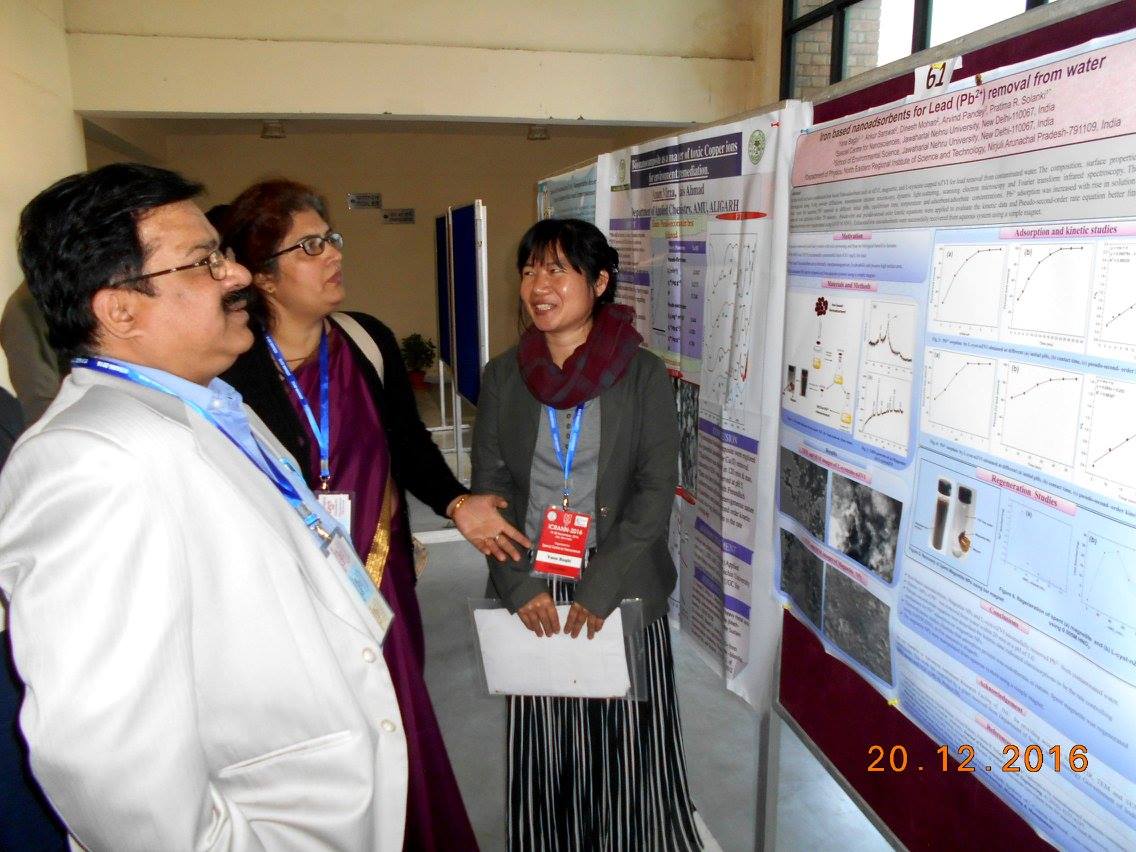
Through a Jal Jeevan Mission grant from the Arunachal Pradesh government, she succeeded in establishing a water research lab at JNC Pasighat’s physics department in 2022
Making bamboo magnetic
Yana soon started working as an assistant professor at JNC Pasighat. After working there for a little over three-and-a-half years, she secured the assistant professor position in Delhi University’s Department of Physics and Astrophysics. Before that, she briefly worked at Rajiv Gandhi University in Doimukh and NIT, Arunachal Pradesh, as a guest faculty.
Recalling Yana’s JNC stint, Libang says, “Since the time Yana ma’am came, our department started focusing on research, which was not the case earlier. She also got a big research project for our college.”
“First we needed to target a problem,” Yana says. The problem in this case was to eliminate fluoride ions from groundwater. To treat the negative fluoride ions, Yana had to engineer a nanomaterial with positive ions.
“I designed magnetic activated bamboo carbon from waste bamboo…In Arunachal, people use bamboo pipes to get water from water bodies. It has a certain fungus called ‘bamboo kun’, which is a natural antimicrobial that helps kill germs. Bamboo also can produce more carbon as compared with other biowastes.”
Towards designing these unique sustainable nanoparticles from biowaste, Yana applied to the Jal Jeevan Mission of the Arunachal Pradesh government. The project was sanctioned and JNC received Rs 13 lakh. “[Through this,] she succeeded in establishing a water research lab at JNC’s physics department in 2022,” says Dr Jayanthi.
Over the next two years, Yana performed experiments to develop and painstakingly characterise low-cost bamboo-activated carbon nanoparticles. Her research was published in the prestigious Royal Society of Chemistry journal.
During her time at JNC, Yana also agreed to supervise the PhD dissertations of two of her colleagues, including Libang and Pokjum Yomgam. “She showed me the way,” says Libang.
Sitting in her office at the University of Delhi, Yana quips that it is all for the love of research.
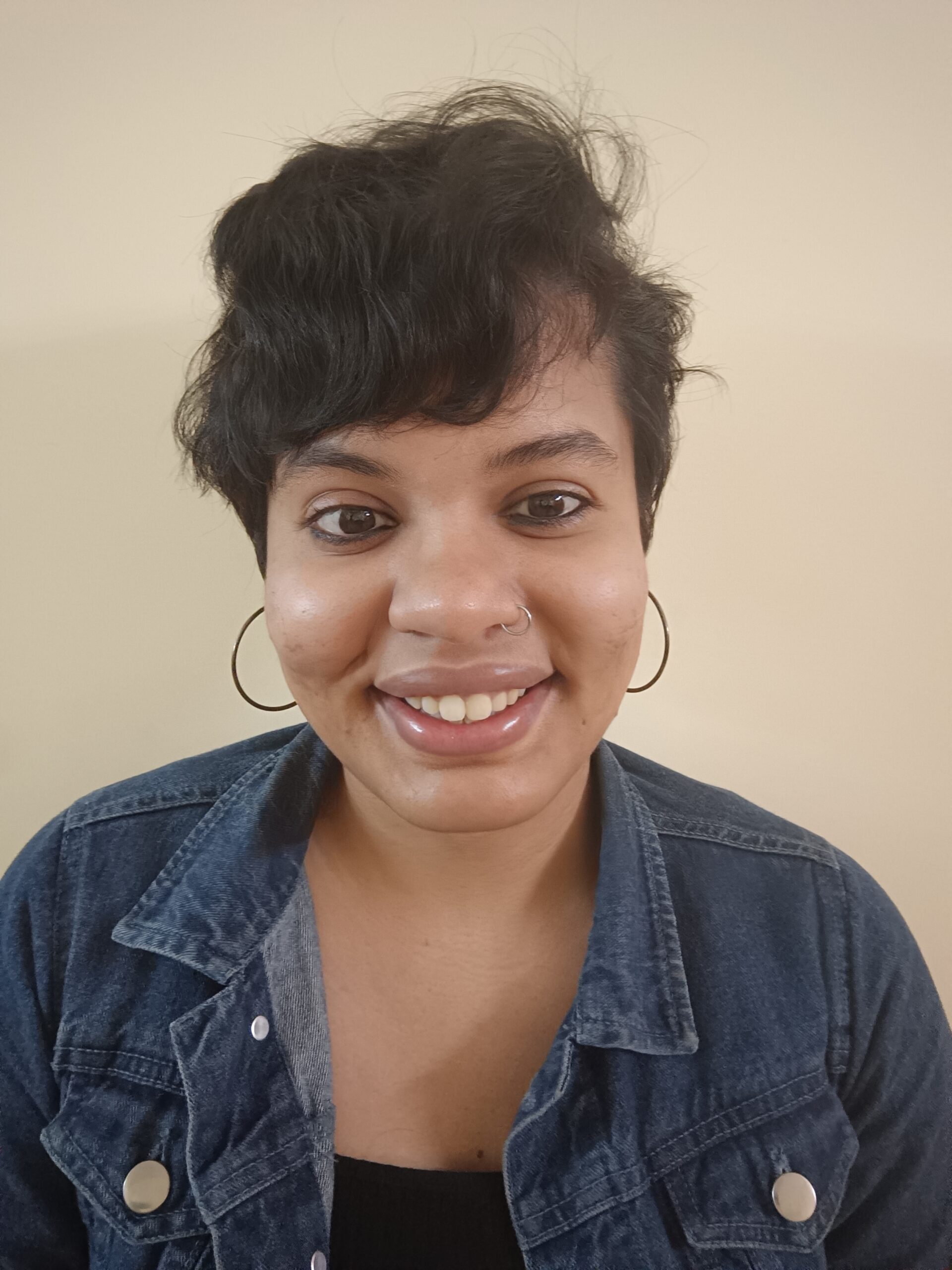
About the author
Angana Chakrabarti is an independent journalist covering health, politics, policy, and the environment. She has been reporting on the Northeast for the last three years, tracking the Manipur conflict, the lack of representation of women in politics in Nagaland, and even Assam’s infamous ‘pig-heart’ doctor. She received the RedInk Award 2022 for her story on mosque vandalisms in Tripura. She has a Master’s in Migration Studies from the Universitat de Pompeu Fabra and a Bachelor’s in English and Media Studies from Ashoka University.

Add a Comment